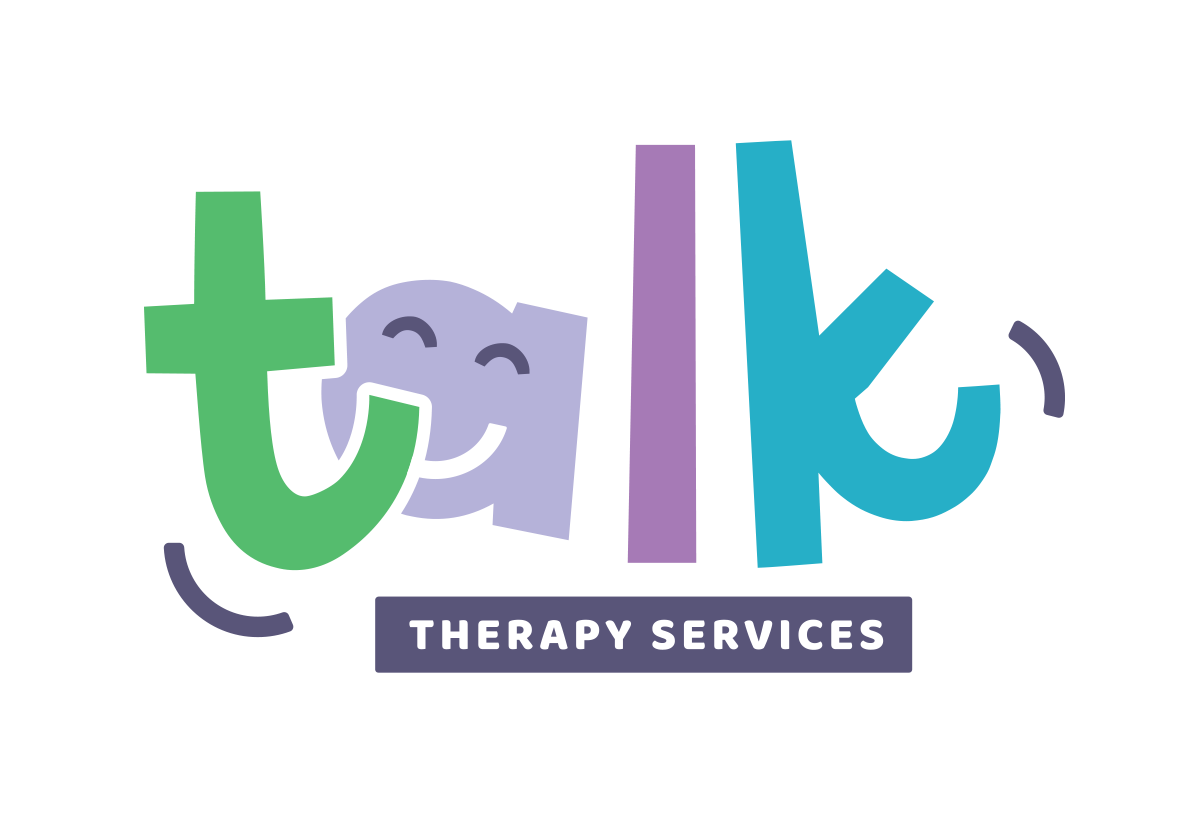The Importance of Parent Involvement in Speech Therapy
Speech therapy is a collaborative effort, and one of the most crucial contributors to a child’s progress is parental involvement. When parents actively participate in their child’s speech therapy journey, the benefits extend far beyond the therapy sessions. By reinforcing skills at home, supporting communication growth, and building confidence, parents play an essential role in helping their child succeed.
Why Parent Involvement Matters
Consistency Enhances Learning Children thrive on repetition and consistency. When parents reinforce speech therapy techniques at home, children get more practice with their target skills, which strengthens their overall progress.
Building Confidence and Motivation A child who sees their parents engaged in their therapy journey feels more supported and encouraged. This motivation helps them stay engaged and eager to practice their speech and language skills.
Generalization of Skills Speech therapy sessions provide structured learning, but real-world communication happens in everyday situations. When parents practice speech goals during daily activities such as mealtime, playtime, and storytelling, children learn to apply their skills in different contexts.
Stronger Parent-Therapist Collaboration Open communication between parents and speech therapists leads to better outcomes. Parents can share insights about their child’s progress at home, ask questions, and receive guidance on how to best support their child.
How Parents Can Support Speech Therapy at Home
Practice Daily Conversations Engaging children in meaningful conversations helps improve their expressive and receptive language skills. Simple techniques such as expanding on their sentences, asking open-ended questions, and modeling correct speech can make a big difference.
Read Together Regularly Reading books is an excellent way to build vocabulary, comprehension, and speech clarity. Choose books that align with your child’s interests and encourage them to describe pictures, predict story outcomes, and answer questions.
Use Play-Based Learning Play is a natural way for children to learn. Parents can integrate speech and language skills into games, pretend play, and interactive activities such as scavenger hunts and role-playing.
Incorporate Speech Goals into Daily Routines Daily routines such as brushing teeth, getting dressed, and grocery shopping provide natural opportunities for speech practice. Naming objects, giving simple directions, and encouraging verbal interactions help reinforce therapy goals.
Model Correct Speech Without Pressure Instead of correcting mistakes directly, parents can model the correct pronunciation or sentence structure naturally in conversation. This provides children with a positive learning experience without feeling criticized.
Overcoming Common Challenges
While parental involvement is essential, it can sometimes feel overwhelming. Here are some ways to navigate common challenges:
Lack of Time: Incorporate speech practice into daily activities rather than setting aside extra time.
Feeling Uncertain About Techniques: Stay in close contact with your child’s speech therapist for guidance and resources.
Frustration with Progress: Celebrate small successes and remain patient. Every child progresses at their own pace.
Parental involvement in speech therapy is one of the most powerful factors in a child’s success. By engaging in speech activities, creating a language-rich environment, and working closely with your TALK Therapy Services speech therapists, parents can help their child develop strong communication skills that will benefit them for a lifetime. Remember, progress happens in small steps, and every moment of practice adds up to big achievements!

